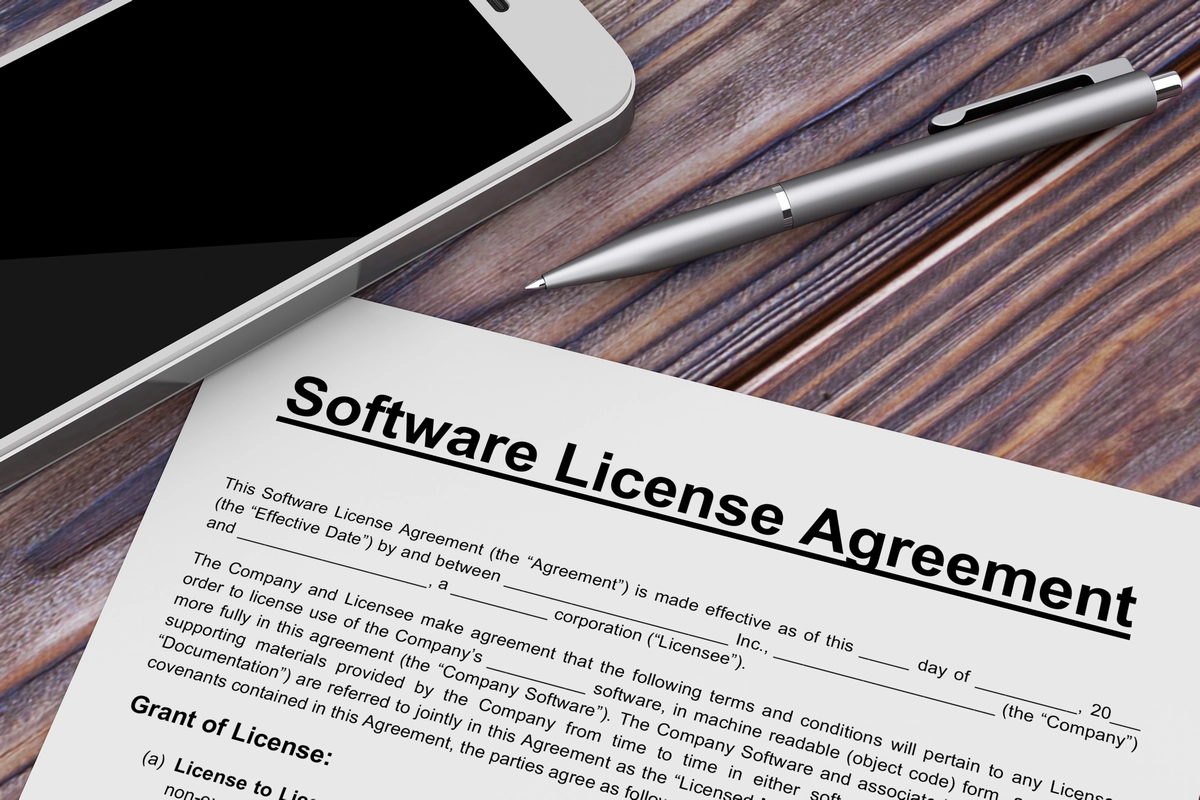It is not always commercially viable to acquire copyright in software. However, a perpetual right of use may be crucial for the buyer. What’s more, the supplier will often not agree to a time limit. Can the parties therefore agree to a perpetual licence?
The duration of use is of crucial importance
If the only commercially acceptable solution for the supplier is to grant a licence, and the buyer wants to secure a perpetual right to use a program that is key to its business, the parties will often opt for a so-called “perpetual licence” in order to reach a contractual compromise. In this case, the parties agree that the user should be able to use the software for an unlimited period of time.

Can a ‘perpetual’ licence be legally valid?
- The principle adopted in the Polish law is that it is not possible to conclude a continuous, perpetual and non-terminable agreement. Provisions for a licence granted for an indefinite period of time and without the possibility of termination are often included in contracts, but in many cases they will be ineffective.
- The same applies to licence agreements for the use of a work concluded for very long periods (e.g. 50 or 70 years). Under the Polish copyright law, such licences would be most often converted into licences for an indefinite period of time after only 5 years, which can be terminated (with one year’s notice to the end of the year, unless the agreement provides for a different notice period).
- When acquiring the right to use a programme or other work by means of a licence, it must generally be taken into account that such a licence may be terminated or expire in the future, e.g. as a result of a transfer of copyright from the licensor to the acquirer of the rights (unless this takes place by universal succession, e.g. in connection with a merger).
- However, much depends on the content of the agreement itself. In practice, some mechanisms may be considered to ensure the long-lasting of the licence for the licensee.
- One such mechanism is to limit the contractual right to terminate the licence as much as possible. In particular, this would be acceptable for those licences which, in economic terms, are closer to a one-off sale, including where:
– the licence is non-exclusive,
– the licence fee is payable in a single payment,
– the use of the work does not give rise to additional obligations on the licensor during the term of the agreement (other than the obligation not to interfere with the licensee’s use of the work).One may find in case law the view that, if the above conditions are met, it could even be possible to introduce a licence without time limitation (although this view is unfortunately not yet well established in the Polish law).
- Examples of such restrictions could be:
– Obligations of the licensor not to terminate the agreement except for a closed list of important reasons, subject to contractual consequences such as contractual penalties;
– the choice of a sufficiently long termination period. - The consequences of the termination of the licence, in particular as a result of the liquidation or bankruptcy of the licensor, can also be softened to some extent by the conclusion of Escrow agreements – providing for the deposit of the source code with the right to use it in certain situations. It is also possible to provide for a right of first refusal on software rights, reserved in case the licensor decides to sell his copyright in the future.
- Another solution that could be considered is to choose a foreign law applicable to the licence agreement that provides for perpetual licences. Under such chosen applicable law, it could be possible to expressly state in the contract that our licence is non-terminable. In this case, it should be noted that the choice of law should not be arbitrary. The applicable law should have some connection with at least one of the parties or with the contract itself and its performance. This is important because, under the EU law, it affects the scope of the local rules that we have to apply to such a contract despite the choice of law.
- In order to strenghten the permanence of the contractual relationship, it is also possible to consider contractual constructions other than a licence. For example, in certain cases a source code copyright lease may be considered, where the copyright law provision that the contract becomes an indefinite term contract after 5 years should not apply.
Of course, the choice of a solution must be tailored to all aspects of the intended transaction and future activities using the subject matter of such a licence. Such contractual provisions deserve particular attention.


